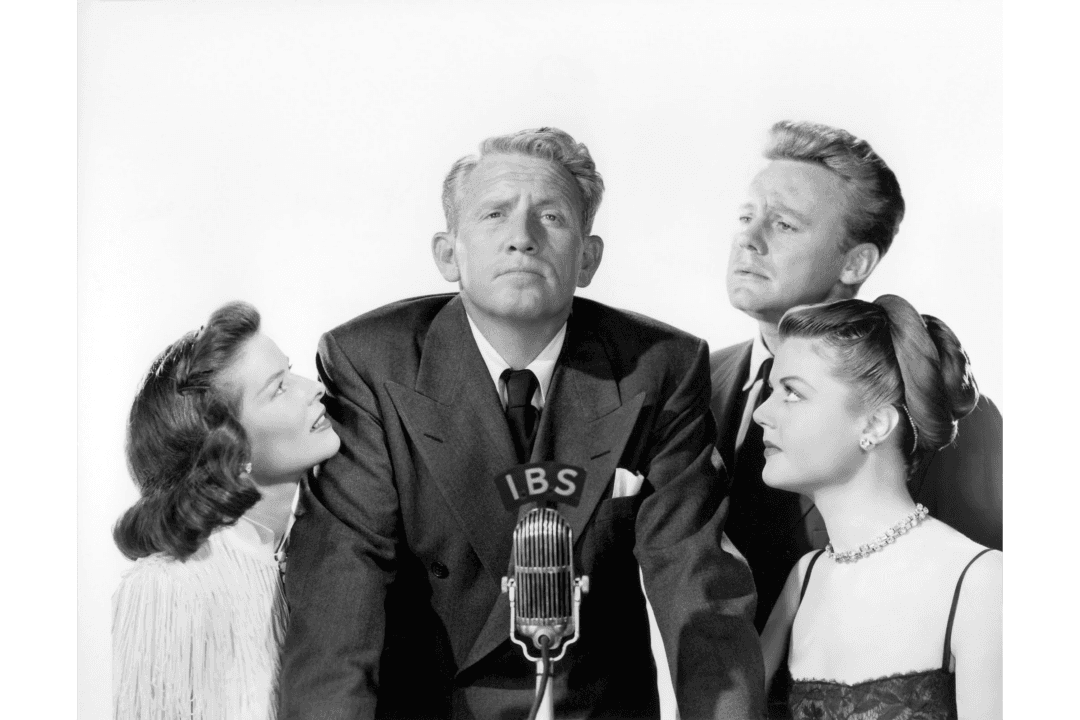The 2024 presidential election has finally come for American voters. Some people love talking politics, while others avoid the topic, considering it unpleasant and even dangerous.
During the Golden Era of Hollywood, movies tended to follow the rule of polite conversation, and included no politics or religion. That’s not to say that old movies never discussed or featured political or religious situations. However, they tried to avoid offending people by not mentioning specifics of policy or theology. It also was common practice to avoid mentioning characters’ political parties, since this was sure to cause offense.






